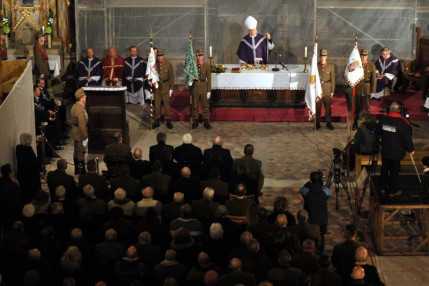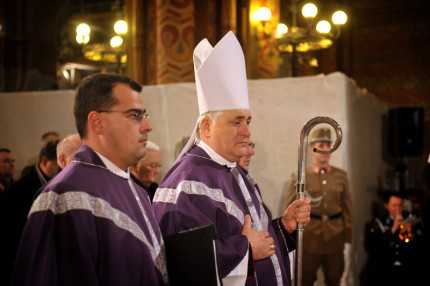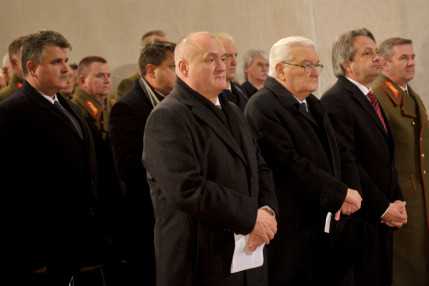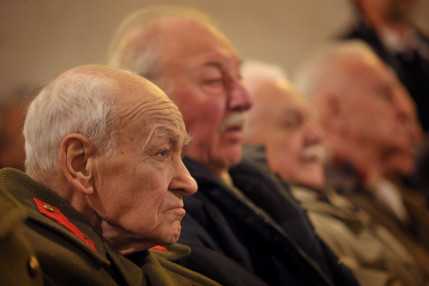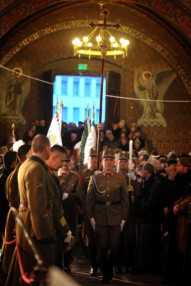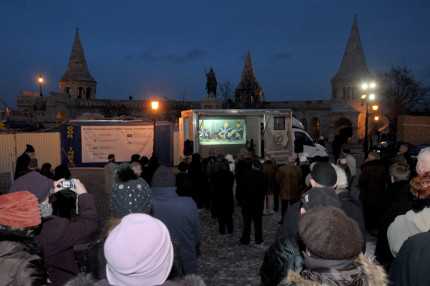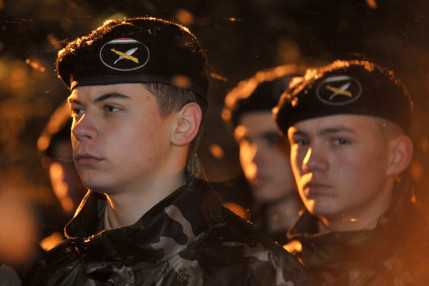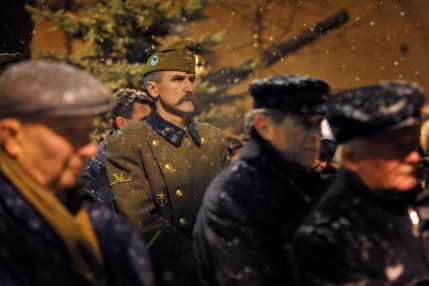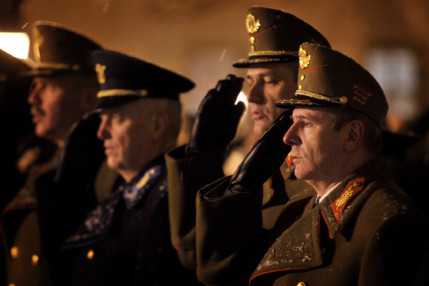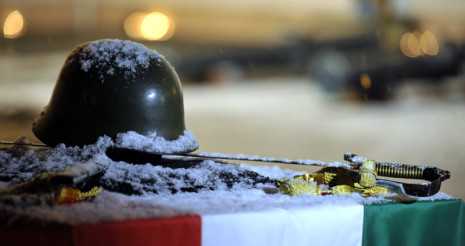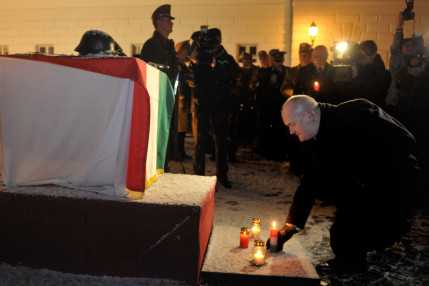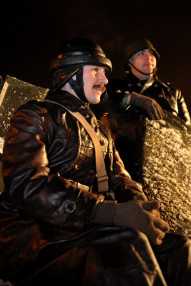They Were Assigned an Impossible Mission in a Hopeless War
Szöveg: Dániel Kovács | 2013. január 17. 9:00The Hungarian soldiers fulfilled their duty by the River Don, and they did much more than that – Defence Minister Csaba Hende said in the courtyard of the MoD Institute and Museum of Military History during a commemoration and vigil held on the 70th anniversary of the Don catastrophe.
Galéria
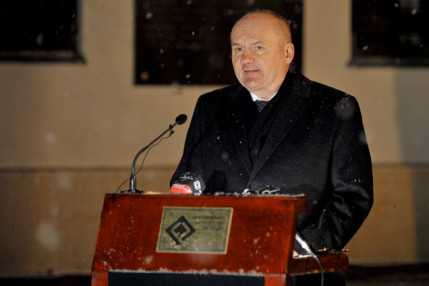
The commemoration started with a Holy Mass in Matthias church, then a ceremonial opening
speech followed. “The country irremediably lost its way in a war waged by two especially
aggressive great powers, the mass-killer dictatorships governed by the hideous ideas of
National Socialism and international socialism", Csaba Hende recalled the events of the past.
“Hungary was not prepared to go into battle in the conflict of two world powers being fought
with state-of-the-art contemporary weapons under very extreme weather conditions".
“The mission assigned to the Royal Hungarian 2nd Honvéd Army was an impossible one.
What can one do when one is given an impossible mission, when one cannot shrink or evade
it? It had to be done what was possible to do. It must always be done what is possible to
do." the Minister said. “Our men fulfilled their duty. The forced laborers fulfilled their
duty, to whom the Hungarian state denied the right to defend the country under arms. Our
soldiers fulfilled their duty to the extent a soldier is expected to do so. They fulfilled their
duty even when they had no chance of success at all". Csaba Hende also described the fate
of the survivors after the war: they were discriminated in the Communist system because of
their earlier heroic stand, and they had to silently suffer the lies that the system was spreading
about them. “We must remember so that we can keep our history", the Minister reminded his
audience.
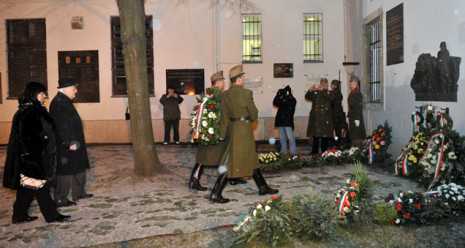
After the speech wreaths were laid and then a candlelight vigil began in front of the MoD
Institute and Museum of Military History. Here Péter Boross, the President of the National
Memorial Site and Funerary Committee addressed those present. “We endured that the army
which had been bleeding on Soviet fields was called a Fascist army in an age when the
country fell under the rule of an anti-national spirit", he said. “We need to clarify the distorted
realities. You can find the misconceptions and errors of the last decades even in today’s
communication. It is not true that our soldiers went to the front in paper-soled boots. It is not
true that they were as poorly equipped as it was later said about them. But it is true that the
Hungarian army was allowed to be armed only from 1938 on, and that was not sufficient."
Following the lighting of candles, the organizers displayed the names, ranks and places
of death or going missing of more than 62,000 soldiers which are inscribed on the central
memorial cenotaph in Rudkino, Russia – all of them were killed or went missing in action.
The interested audience could see contemporary weapons and military equipment inside the
military tents set up by the traditionalists in the square.
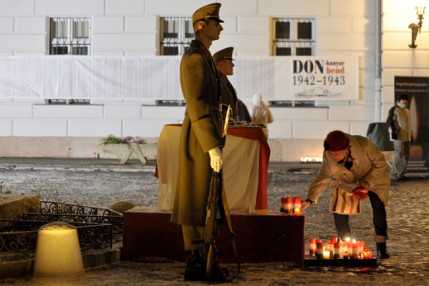
Photo: Tünde Rácz
